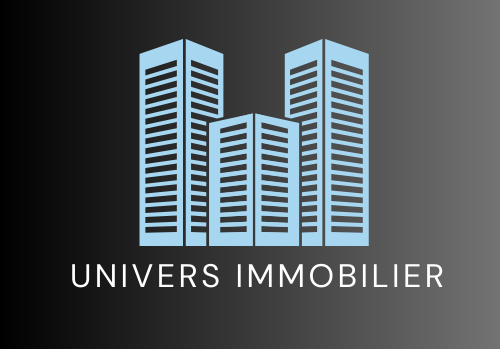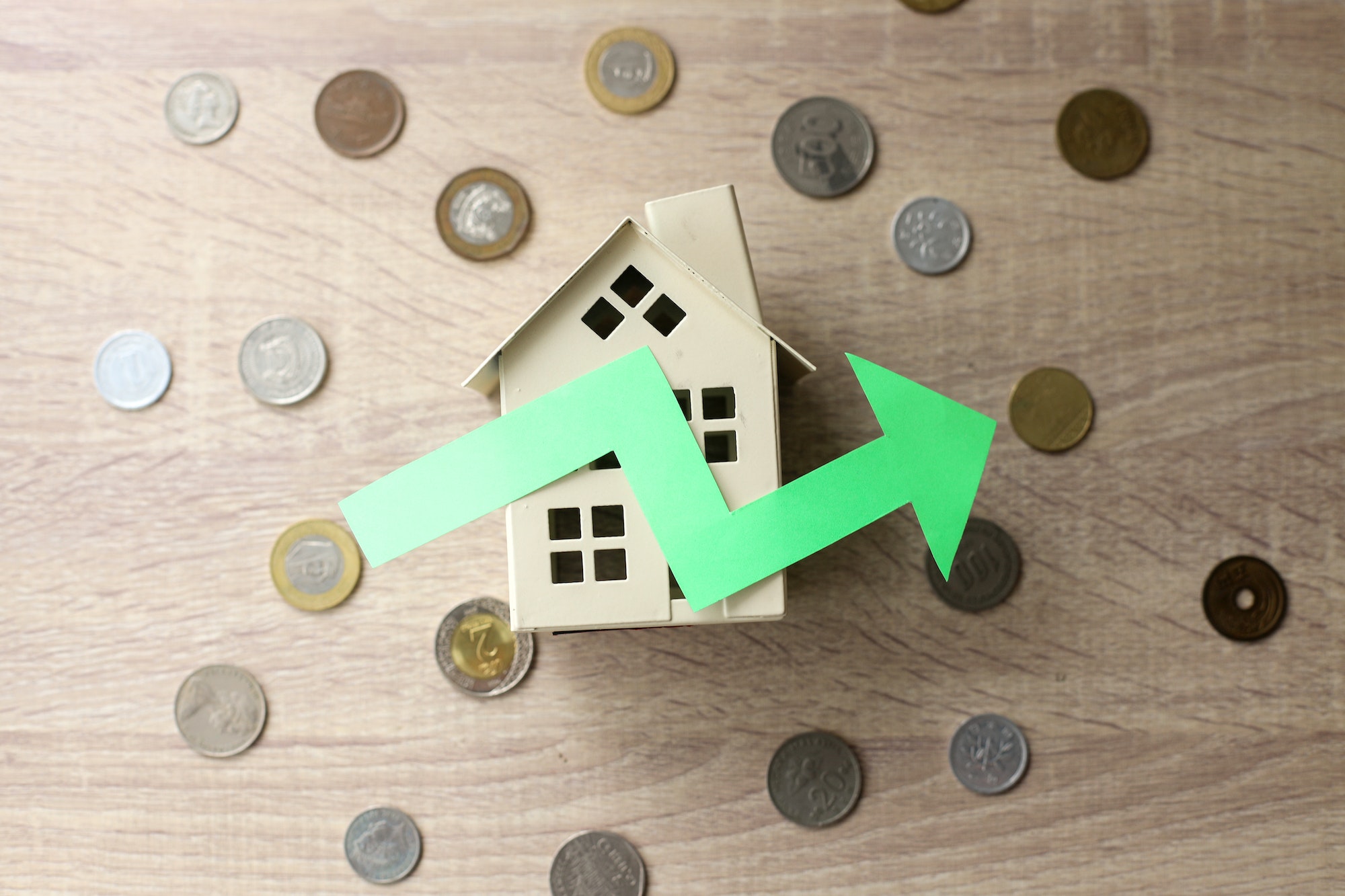The emergence of short-term rental platforms like Airbnb has revolutionized the housing market in recent years. Property owners now have the option to rent out their homes for a few days or weeks, providing travelers with unique, affordable accommodation options. However, this trend has also raised concerns about the impact of short-term rentals on the broader rental market, as well as local communities and economies. In this article, we will explore the effects of short-term rentals on rental properties, including long-term housing availability, property prices, and local economic implications.
- 1 The Effect of Short-term Rentals on Long-term Housing Availability
- 2 The Impact on Property Prices and Neighborhoods
- 3 Economic Implications of Short-term Rentals
- 4 Conclusion: Are Short-term Rentals a Positive or Negative Force?
-
5
FAQ
- 5.1 1. What is a short-term rental?
- 5.2 2. How does a short-term rental affect the rental market?
- 5.3 3. Are there any regulations governing short-term rentals?
- 5.4 4. What should I consider before renting out my property as a short-term rental?
- 5.5 5. Are there any benefits to renting out my property as a short-term rental?
The Effect of Short-term Rentals on Long-term Housing Availability
As the popularity of short-term rentals has grown, so has the concern about their impact on the availability of long-term housing, particularly in major cities with already tight housing markets. With the potential for higher profits from short-term rentals, some property owners may choose to convert their long-term rental properties into vacation rentals.
This shift in the rental market has the potential to reduce the number of available long-term rental properties, contributing to a decrease in affordable housing options for local residents. In some cities, local governments have introduced regulations to limit the number of short-term rentals or require property owners to obtain special permits to operate them. These measures aim to protect the local housing market and ensure that residents have access to affordable long-term housing options.
In New York City, for example, it is illegal to rent an entire residential property for less than 30 days. This regulation was put in place to protect the city’s limited housing supply and prevent property owners from evicting long-term tenants in favor of more lucrative short-term rentals. However, enforcement of these regulations has proven to be a challenge, and the impact on the city’s housing market remains a topic of debate.
The Impact on Property Prices and Neighborhoods
The growth of short-term rental platforms has also led to concerns about the effect on property prices in popular tourist destinations. As more property owners look to capitalize on the demand for short-term accommodation, some cities have experienced an increase in property prices, particularly in residential neighborhoods popular with tourists.
This increase in property values can make it difficult for local residents to purchase homes in their communities, contributing to a phenomenon known as “housing wealth inequality.” As property prices rise, homeowners benefit from increased property values, while those who rent or are looking to buy may find it increasingly difficult to afford homes in their desired neighborhoods.
Furthermore, the proliferation of short-term rentals in residential areas can lead to increased noise, traffic, and other disruptions for long-term residents. In some cases, this has resulted in tensions between property owners and their neighbors, as well as local governments attempting to balance the needs of residents with the economic benefits of tourism.
Economic Implications of Short-term Rentals
While short-term rentals can generate significant income for property owners, their impact on local economies is more complex. On one hand, the increased availability of short-term accommodation can boost tourism and provide a new source of revenue for local businesses. Visitors who stay in short-term rentals often spend money at nearby restaurants, shops, and attractions, creating a positive economic impact for the area.
However, the rise of short-term rentals can also lead to increased housing costs for local residents, as previously mentioned. This can result in a higher cost of living, making it more difficult for residents to afford essential goods and services. Additionally, the shift from long-term to short-term rentals can reduce the number of stable, year-round jobs in the property management and real estate sectors, as short-term rentals often require less ongoing maintenance and management.
Conclusion: Are Short-term Rentals a Positive or Negative Force?
The impact of short-term rentals on rental properties is a complex issue with both positive and negative aspects. On one hand, short-term rentals can provide property owners with additional income, boost local economies, and offer unique accommodation options for travelers. On the other hand, the growth of short-term rentals can contribute to reduced long-term housing availability, increased property prices, and disruptions in residential neighborhoods.
Ultimately, the key to managing the impact of short-term rentals lies in finding a balance between the interests of property owners, local residents, and the broader community. This may involve implementing and enforcing regulations to limit the negative effects on long-term housing and property prices, while still allowing property owners to benefit from the economic opportunities presented by this growing market. By taking a measured approach, it is possible to harness the potential of short-term rentals while minimizing their impact on rental properties and local communities.
FAQ
1. What is a short-term rental?
A short-term rental is a type of property rental that lasts for a shorter period of time than a traditional long-term lease. These types of rentals are often used by people who need temporary housing, such as vacationers, business travelers, or people relocating for work.
2. How does a short-term rental affect the rental market?
Short-term rentals can have both positive and negative impacts on the traditional rental market. On one hand, they can provide more housing options for people in need of temporary accommodation and can help to stimulate local economies. On the other hand, they can reduce the availability of long-term rentals, drive up prices in certain areas, and reduce the number of affordable housing options available.
3. Are there any regulations governing short-term rentals?
Yes, many cities and towns have implemented regulations on short-term rentals. These regulations are designed to protect renters and neighborhoods from potential issues such as noise pollution and overcrowding. Regulations may include restrictions on the number of nights a property can be rented out, restrictions on where short-term rentals are allowed, and requirements for hosts to obtain permits or licenses.
4. What should I consider before renting out my property as a short-term rental?
Before renting out your property as a short-term rental, you should consider several factors such as local regulations, potential income from the rental, and any additional costs associated with hosting guests. You should also research similar properties in your area to get an idea of how much you can charge for nightly rates.
5. Are there any benefits to renting out my property as a short-term rental?
Yes, there are several potential benefits to renting out your property as a short-term rental. You may be able to generate additional income from your property and benefit from tax deductions associated with renting it out. Additionally, you may be able to attract visitors who will spend money at local businesses which could benefit the local economy.






